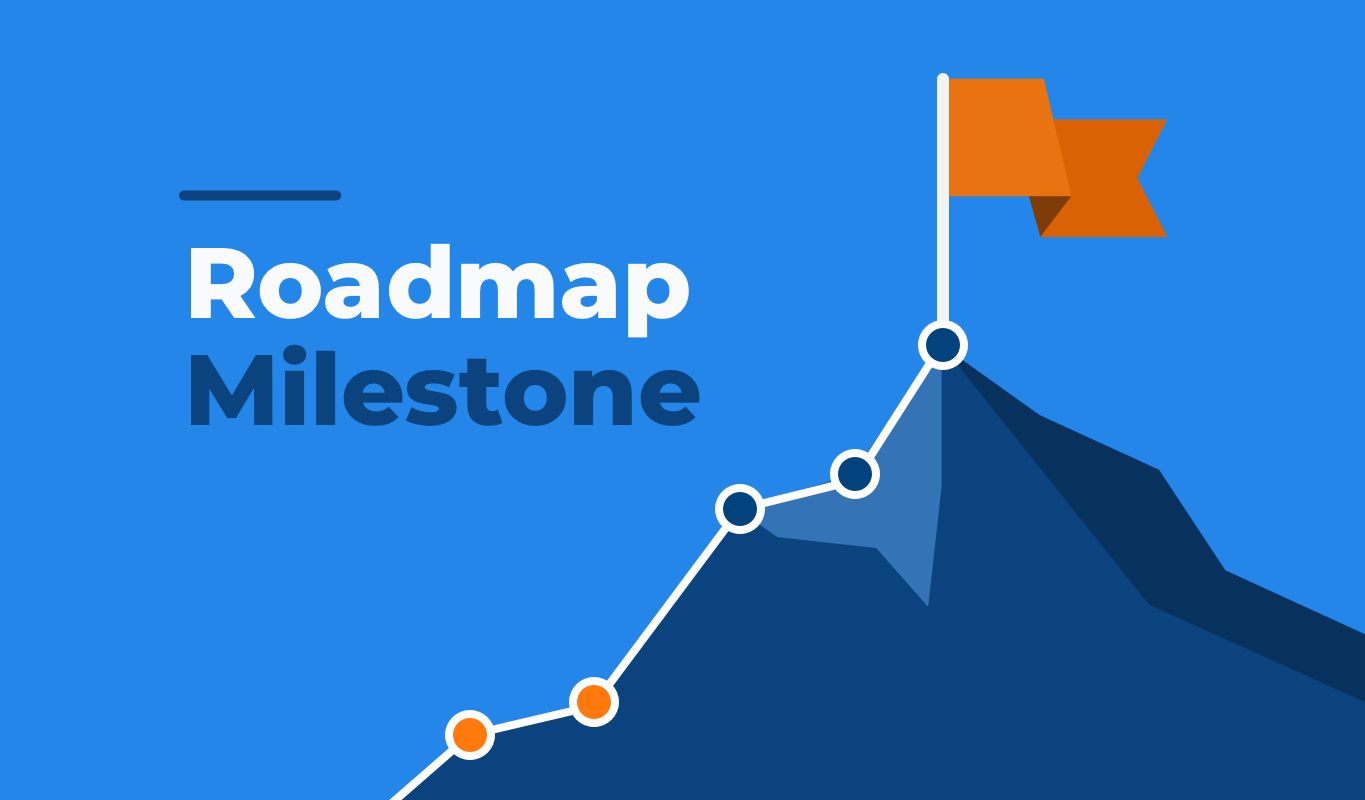As Dock speeds towards our goal of enabling decentralized and verifiable claims, we are excited to announce that we have completed another milestone on our recently released roadmap. For the last 4 weeks, the development team has been working on developing and integrating schemas into Dock’s SDK.
Schemas are used to describe the structure of credentials, specifically the credential subject, and are a useful way of enforcing a specific structure on a collection of data like a verifiable credential. This helps the issuer, holder and verifier to unambiguously determine the claims contained within the credential.
Dock uses the JSON schema standard which enables the fields required within the credential’s claims to be specified, such as the types of claim data, and if the field is a number, date, or text. It also facilitates the application of restrictions to claim data, such as allowing a range value within a field, for example. The schema of the credential is decided by the issuer and the schema reference is embedded within the credential. The schema itself is stored on the Dock blockchain (making the record immutable) and is identified by a unique identifier which serves as the reference within the credential.
The verifier can check whether the given credential is compatible with the schema referenced in the credential or with any other schema. And while it is the issuer that decides upon the schema, they are not the only stakeholder that can create them. In fact, schemas are intended to be repurposed by issuers, for example when a government body creates a schema for a national qualification that is referenced by the universities within their own transcript credentials.
The schema feature builds upon the functionality of Dock’s Northill test net release that enables the creation of decentralized identities and the issuance, presentation and revocation of verifiable claims.
For developers looking to start to use schemas we’ve created the following tutorial and a conceptual document for a quick overview of schemas in Dock. All code is open-source and available on Dock’s GitHub and we also provide support via Riot and GitHub issues in the SDK or the Node.
We hope you enjoy using this feature and are continuing to stay safe out there!
Learn More
- How to Prevent Supply Chain Fraud
- Self-Sovereign Identity
- Decentralized Identity
- How to Prevent Certificate Fraud
- Verifiable Credentials
- Blockchain Identity Management
- What are Digital Credentials?
- Web3 Identity
- Web3 Authentication
- Blockchain Food Traceability
- Data Compliance

